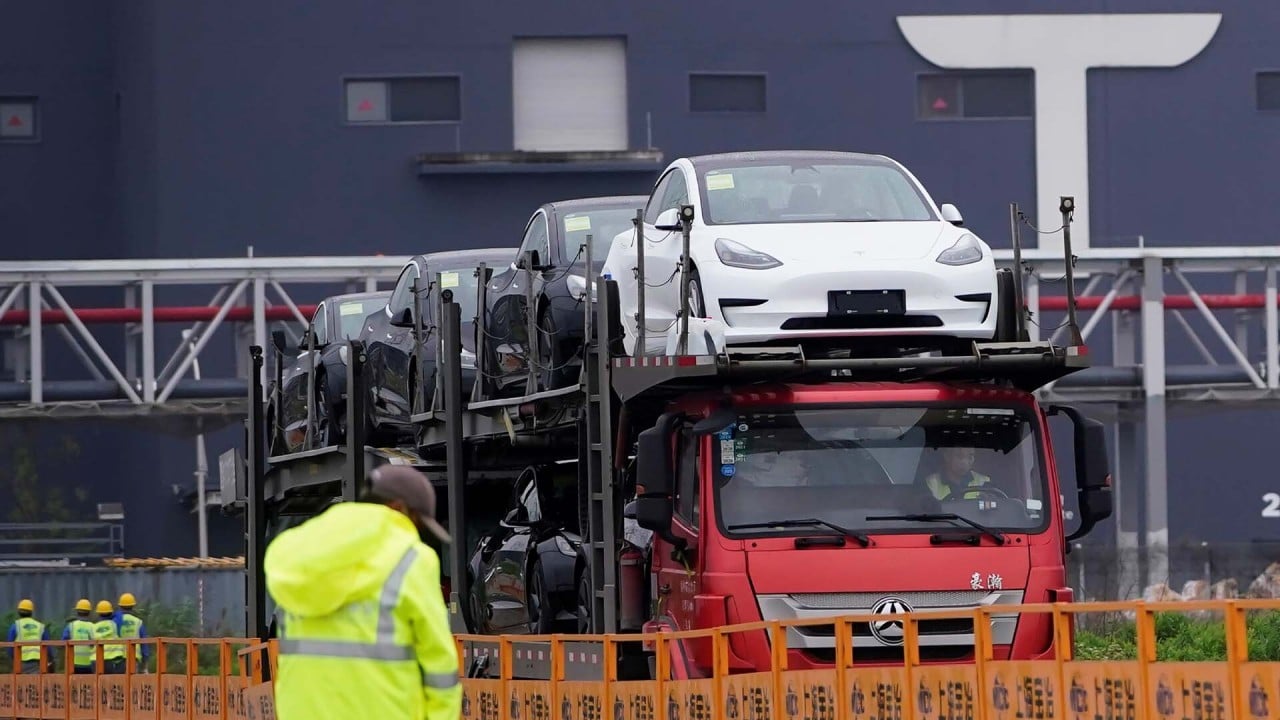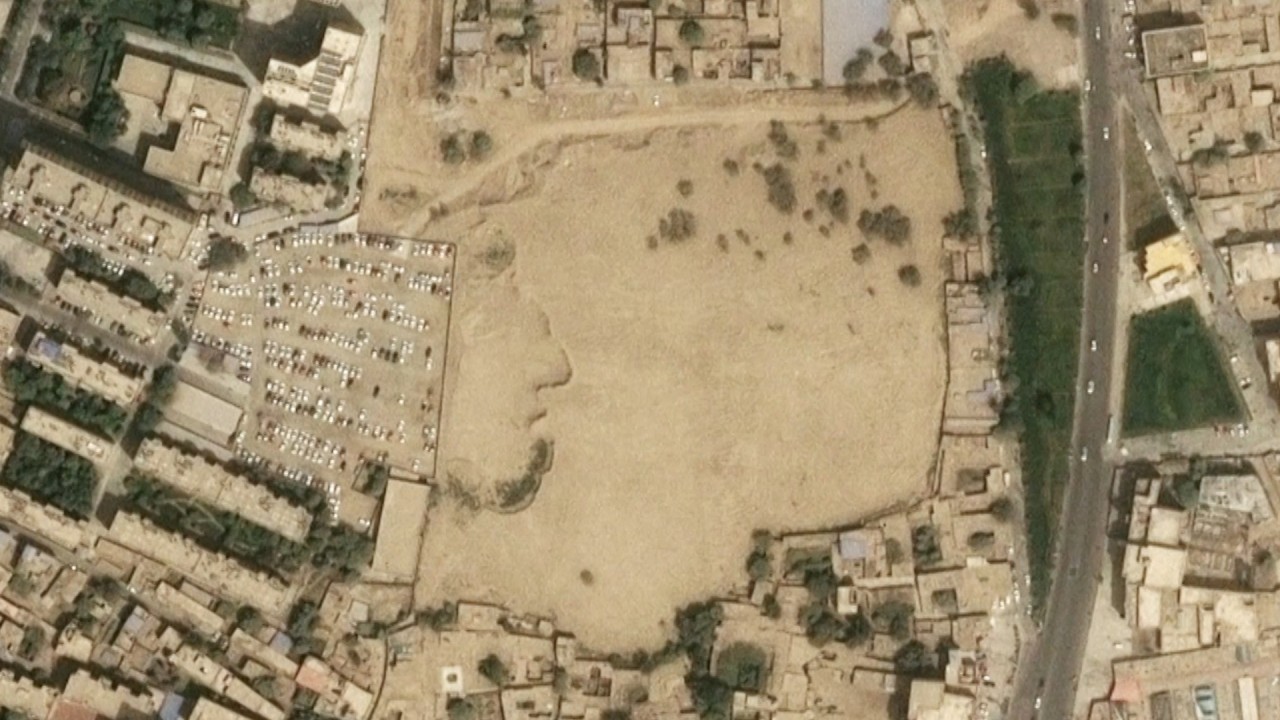
Senior Chinese official says all ethnic groups in Xinjiang live happily ahead of visit by UN human rights chief
- Wang Yang, who heads the party’s Xinjiang group, talked up the region’s economic prospects as Beijing’s focus shifts away from security towards development
- Wang was visiting ahead of next month’s trip by the UN human rights chief following reports of mass detentions and the use of forced labour
Beijing has denied that it is responsible for large-scale human rights abuses in the region, including the detention of around a million mainly Muslim Uygurs in reeducation camps and use of forced labour.
“Xinjiang is looking at an unprecedented development opportunity. It must utilise its regional positioning and resource-rich advantages based on a solid foundation laid down by social stability and good policies,” Wang said, according to a report by the state news agency Xinhua on Tuesday.
“We must forge the material foundation of long-term political stability and refute smearing and slandering by enemy forces with the fact that all ethnic groups live happily.”
His inspection trip, which began last Friday and ended on Tuesday, included visits to the major cities of Urumqi, Kashgar and Hotan, as well as rural communities, schools, businesses and mosques.
Beijing’s economic hopes for Xinjiang have been interpreted as a sign of confidence that it has a strong grip on society after five years without a terrorist attack in the region.
Citing new customs data, Xinhua reported on Wednesday that Xinjiang has recorded US$3.75 billion in foreign trade in the first two months this year, up 34.3 per cent year on year, as local authorities helped companies secure overseas orders and explore new markets, especially in central Asia.
Kyrgyzstan is Xinjiang’s largest trade partner, accounting for about a third of foreign trade, followed by Tajikistan, Russia and Indonesia.

Last Friday, the official Xinjiang Daily also reported plans to spend 1.75 trillion yuan (US$275 billion) on over 4,400 infrastructure projects across the region in the next few years.
Xie Maosong, a senior researcher with Tsinghua University’s National Strategy Institute, said that Wang’s trip was to lay down the central government’s policy directions after the annual parliamentary sessions in Beijing earlier this month.
“Xinjiang has graduated from chaos to stability. The next development phase shall focus on transforming the region’s economic development from stability to good governance,” Xie said.
“Xinjiang should make use of its western regional hub to connect central Asia, eastern Europe and countries situated along the Belt and Road Initiative while playing up its advantages in agriculture, mineral resources and energy,” he said referring to Beijing’s ambitious transcontinental infrastructure and trading plan.
Shih Chien-Yu, an associate research fellow at Taiwanese think tank the Institute for National Defence and Security Research, said Wang’s trip was intended to “give Xinjiang a final touch-up” to ensure it was ready for the visit of the UN’s human rights chief Michelle Bachelet in May.
“Overseas Uygur sources reported last month that they have been in touch with about 70 to 80 per cent of their relatives that were once locked up in the re-education camps. This shows China’s readiness to relax and move on from mass detention in Xinjiang to focus on economic development,” Shih said.
The visit by UN officials had been under negotiation since 2018 following the first reports of the mass detention of Uygurs and other mainly Muslim minority groups.
China has defended its policies in the region, saying that are designed to combat terrorism, religious extremism and provide vocational training.
Shih said: “The long-delayed trip is expected to clear China from the accusations of severe human rights abuses rather than the other way round as most camps have either been suspended or closed. I also don’t expect any locals would be dumb enough to criticise what went on in Xinjiang after surviving a five-year social re-engineering.”



